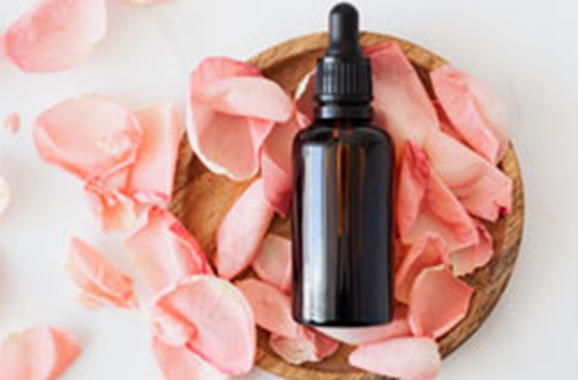
With the rapid development of the economy and the continuous improvement in people's living standards, consumer awareness of health care is increasing. The nutritional health and safety of food are becoming more and more important to the public, and the market potential for sugar-free foods is vast. So, is sorbitol ester safe?
Toxicological studies have shown that sorbitol ester has very low conventional toxicity. Long-term feeding trials on rats found that sorbitol ester did not have harmful effects on the weight gain of male rats, and no abnormal findings were observed in the pathological examination of the major organs. It only caused mild diarrhea and a slight slowdown in growth. In human trials, doses greater than 50g/day may cause mild diarrhea, but long-term intake of 40g/day of sorbitol ester has no impact on the subjects. Sorbitol ester has long been recognized as a safe food additive in the United States.
Currently, the FAO/WHO has not set a specific maximum acceptable daily intake (ADI) for sorbitol ester. However, food labels must state that "the daily intake should not exceed 50g, and excessive consumption may cause diarrhea." National standards specify that sorbitol ester can be used as a sweetener, leavening agent, emulsifier, moisture retention agent, stabilizer, and thickener. The maximum usage level in fresh wet noodle products is 30.0g/kg, and in frozen surimi products, it is 0.5g/kg.
Sorbitol ester can be used in frozen drinks, jams, candies, pickled vegetables, baked goods, seasonings, beverages, puffed foods, soybean product processes, sugar-making processes, and brewing processes as needed.
Sorbitol ester is highly safe because its structure is similar to glucose, so it is safe for oral consumption. Consuming 40g per day does not cause any abnormal reactions, and exceeding 50g may cause diarrhea due to prolonged retention time in the intestines. Whether in high or low concentrations, sorbitol ester solutions do not irritate the skin or mucous membranes and do not cause acute skin irritation or allergies.
In addition to being used as a moisturizer and sweetener (it can also be used as a sugar substitute, with sorbitol ester providing 2.6 KCal/g, compared to 4 KCal/g for sucrose), sorbitol ester also has anti-cavity properties and is commonly used in toothpaste products. Sugar is a major cause of tooth decay, as certain microorganisms in the mouth can ferment sugar to produce acid, which then damages the enamel on teeth. However, sorbitol ester is not metabolized by oral microorganisms (it lacks the corresponding enzyme), meaning it does not form acid and thus does not harm teeth.
Studies have shown that chewing gum containing sorbitol ester for 20 minutes after each meal significantly reduces plaque on the tooth surface after 30 days, and it can also promote the remineralization of early cavities on the chewing surfaces and cheek surfaces of molars.